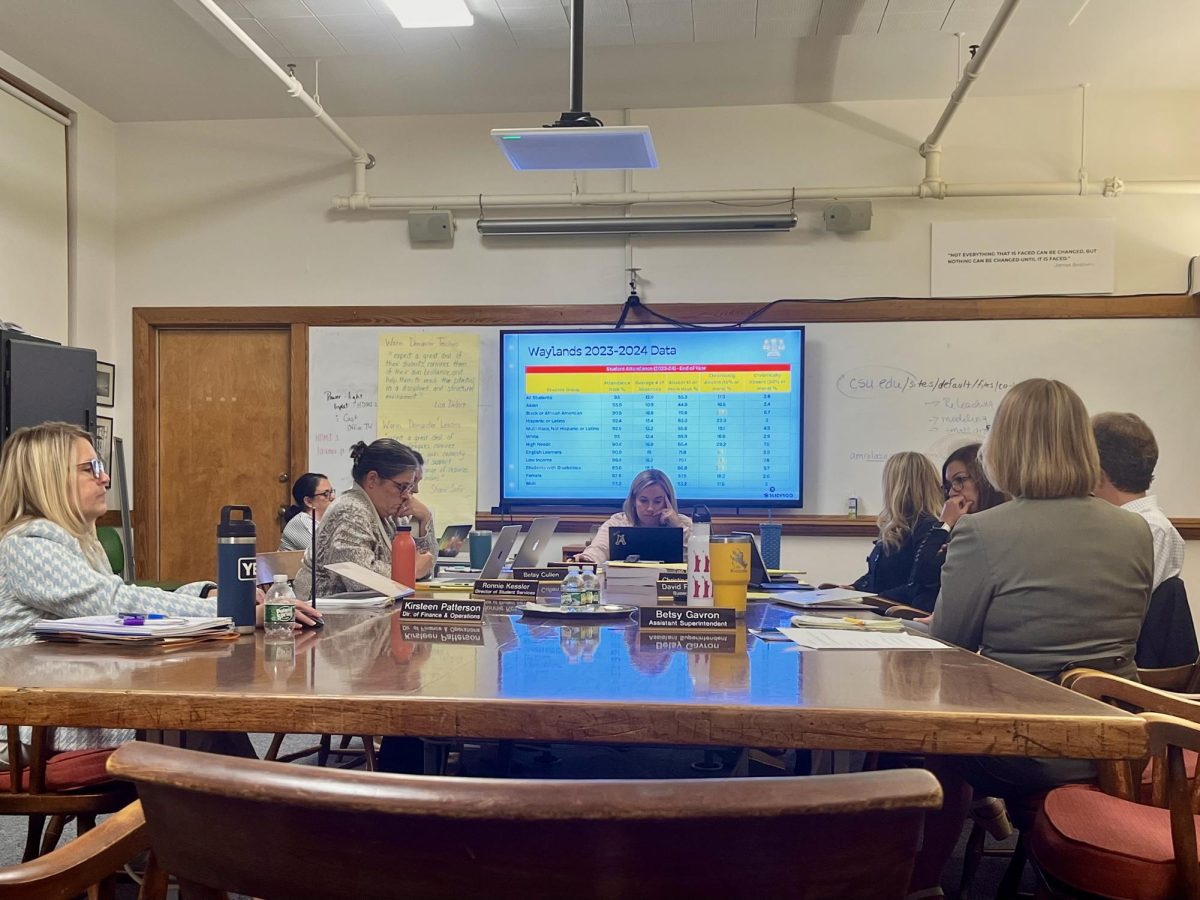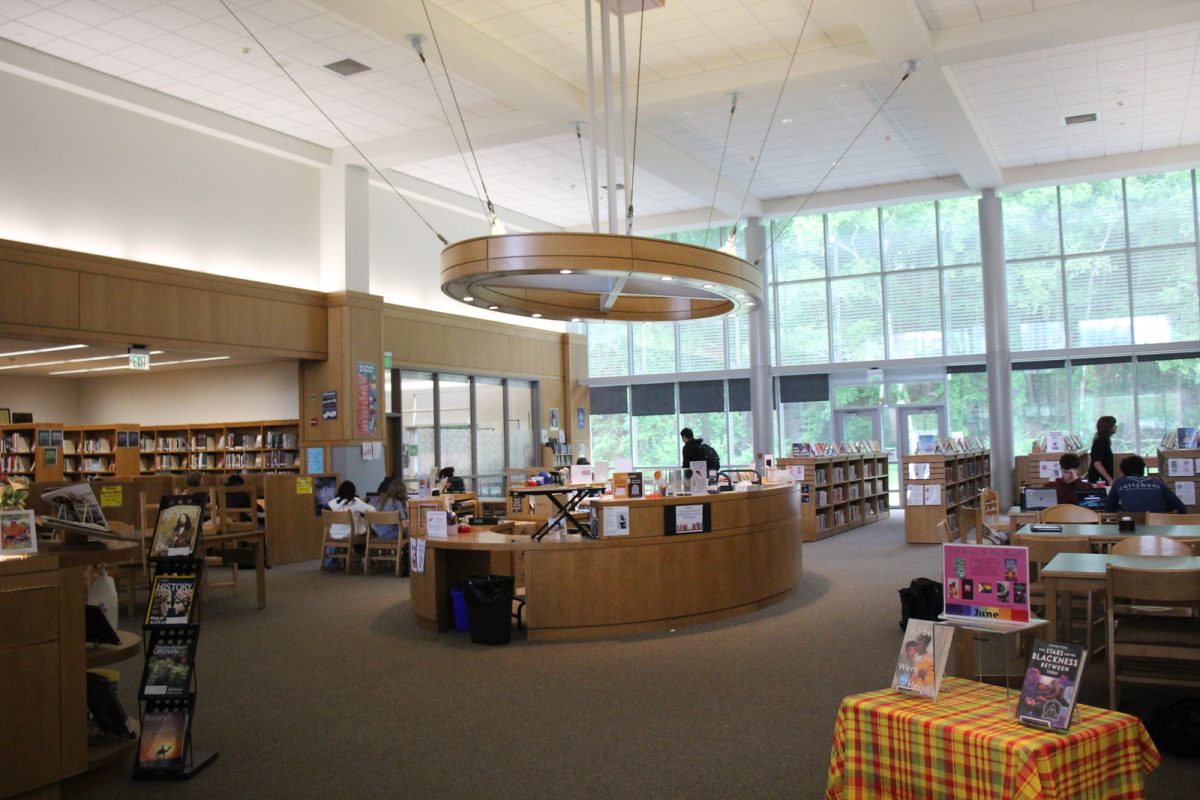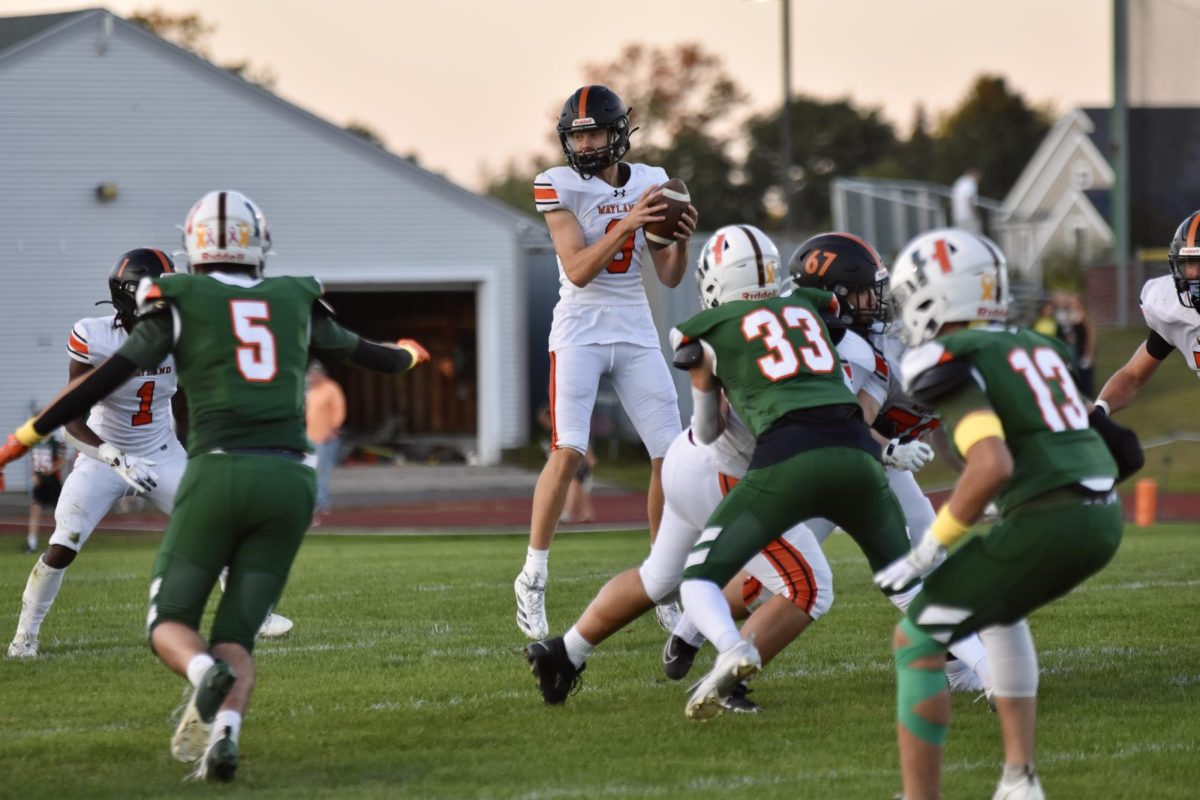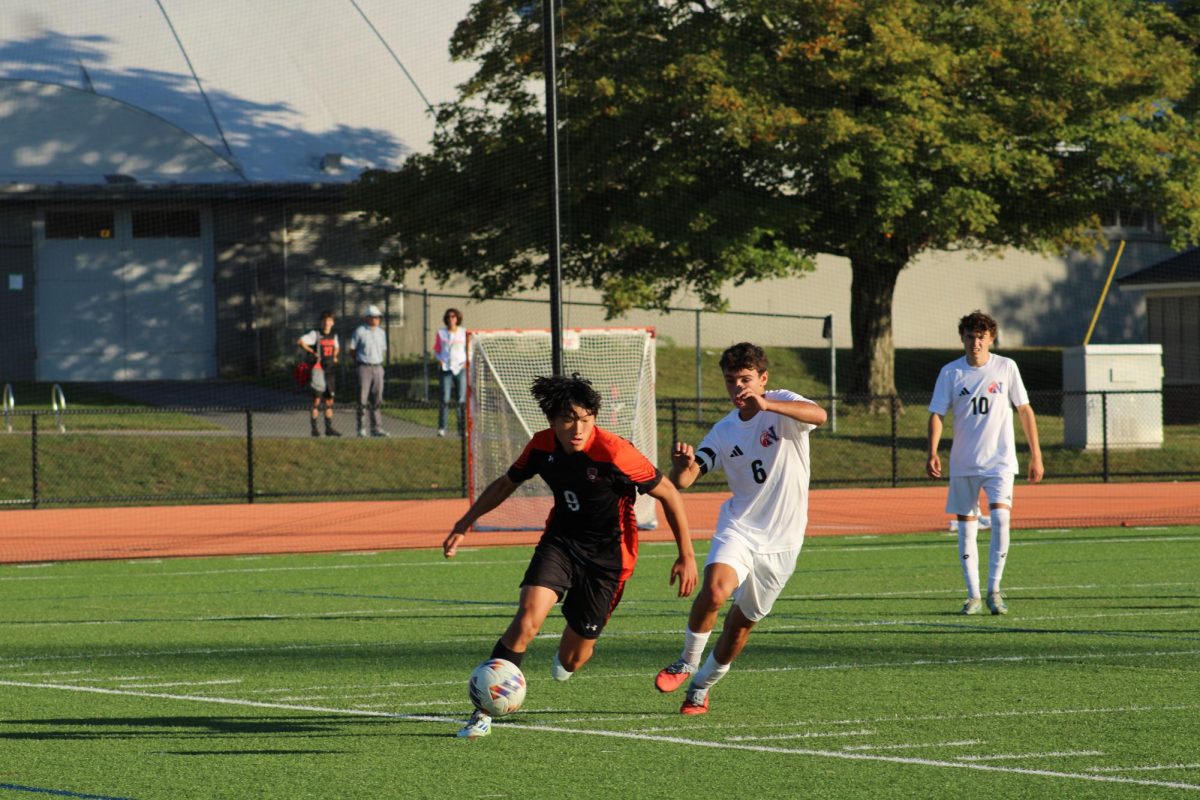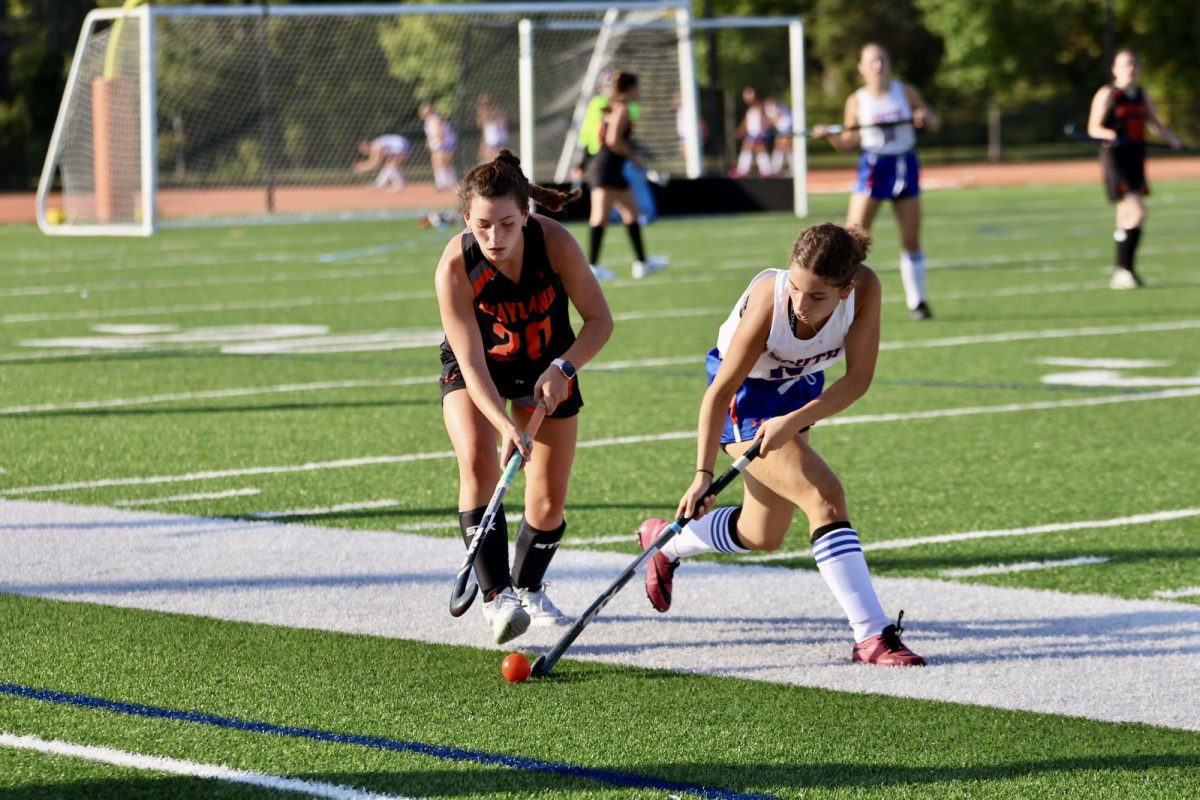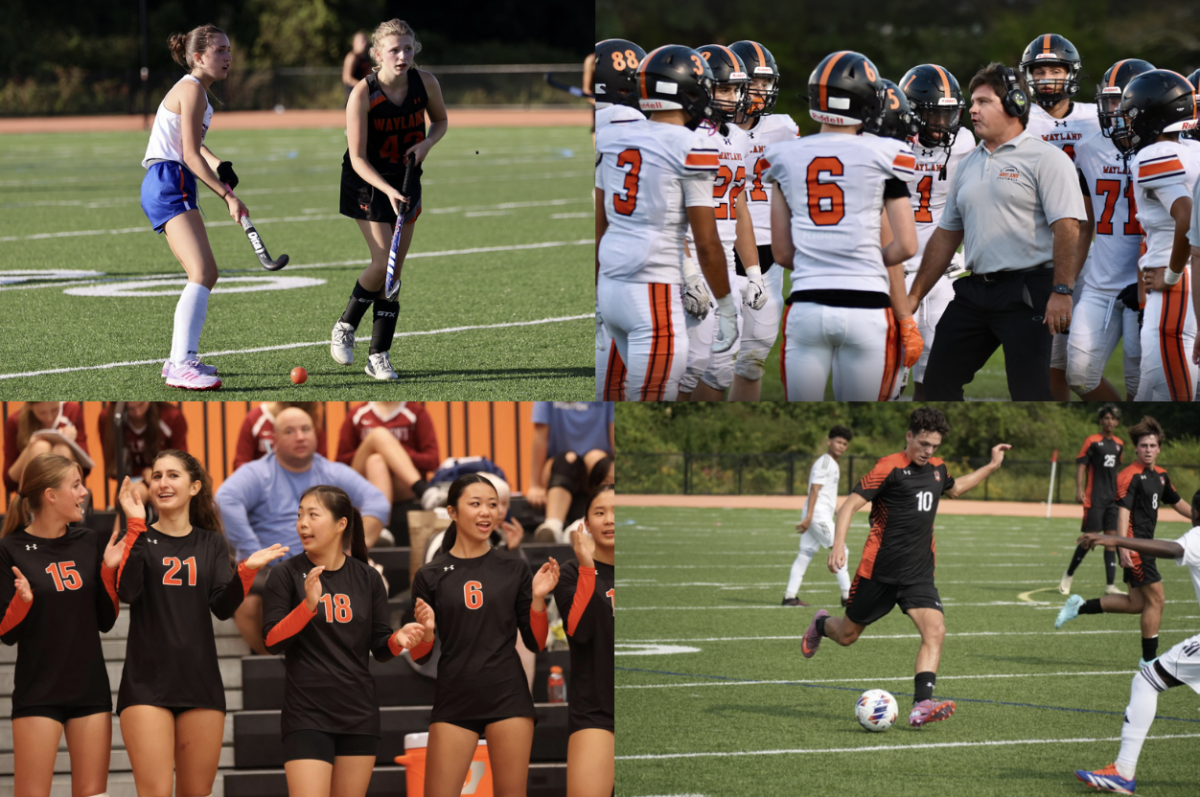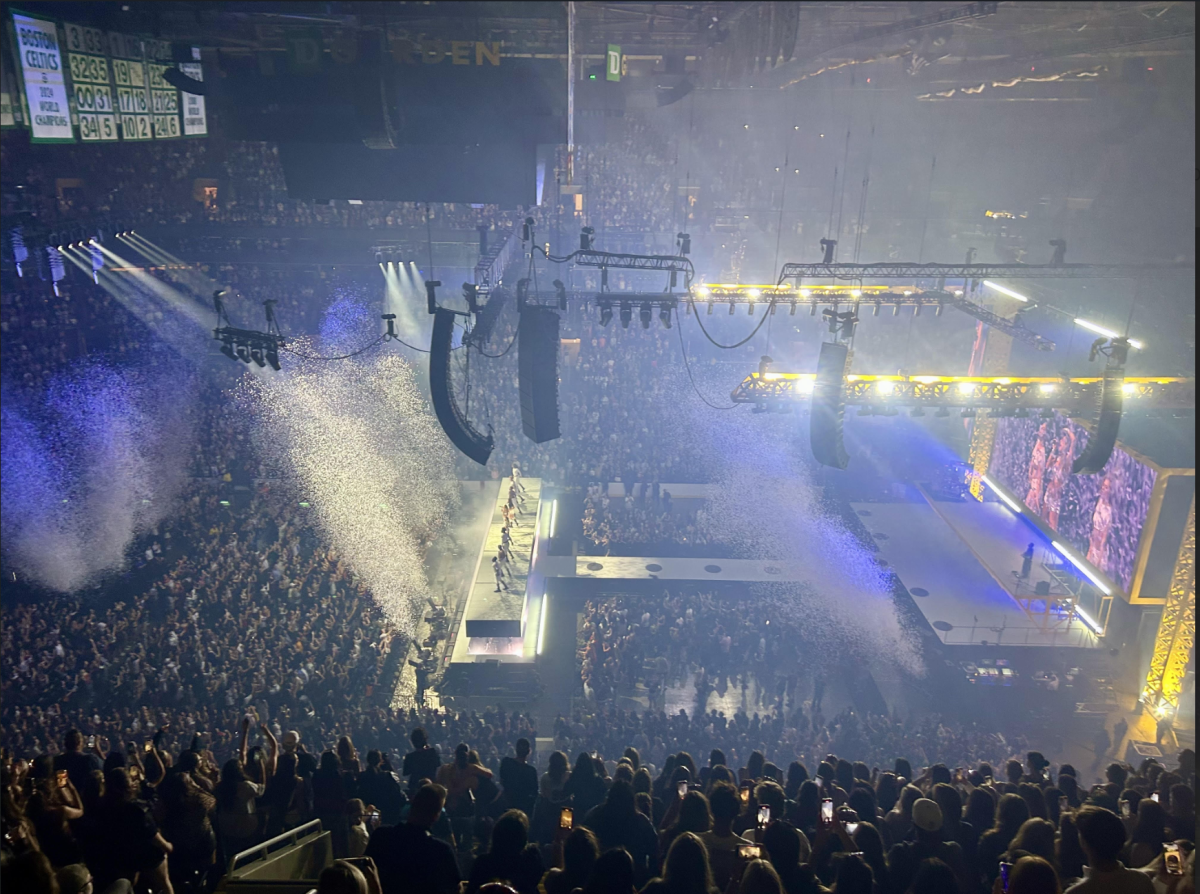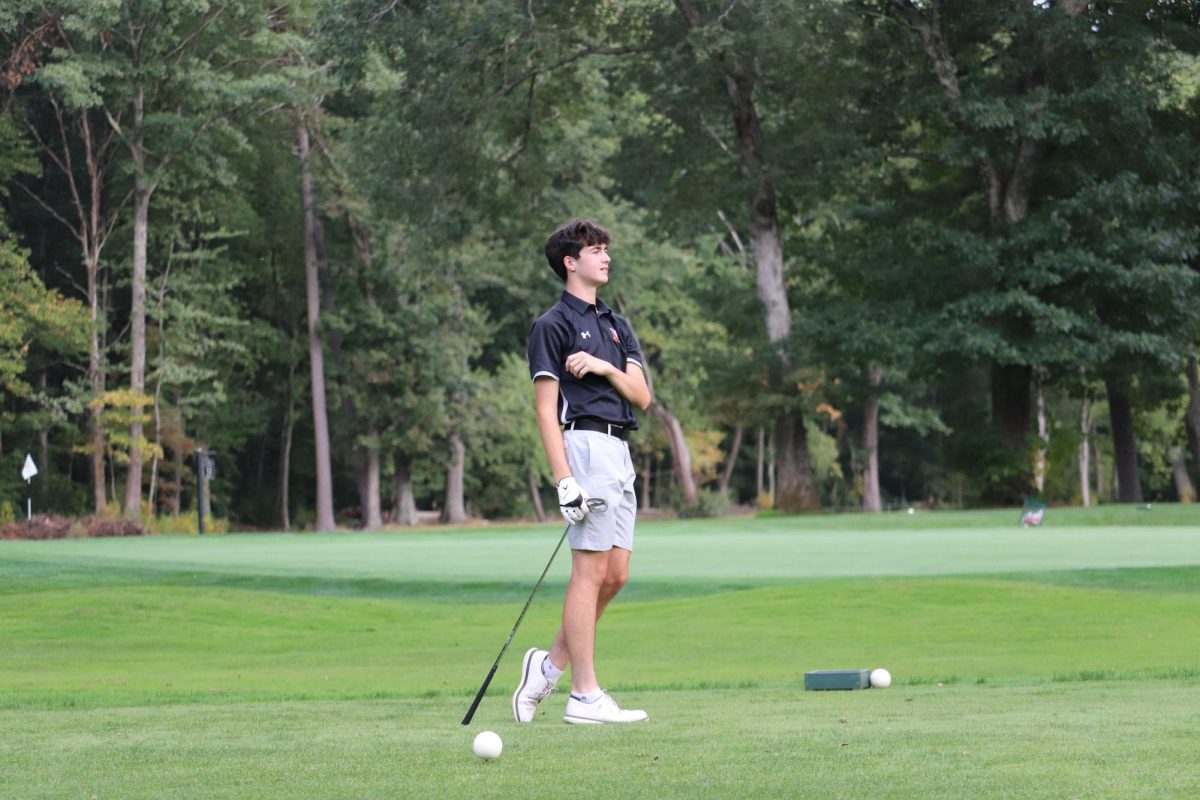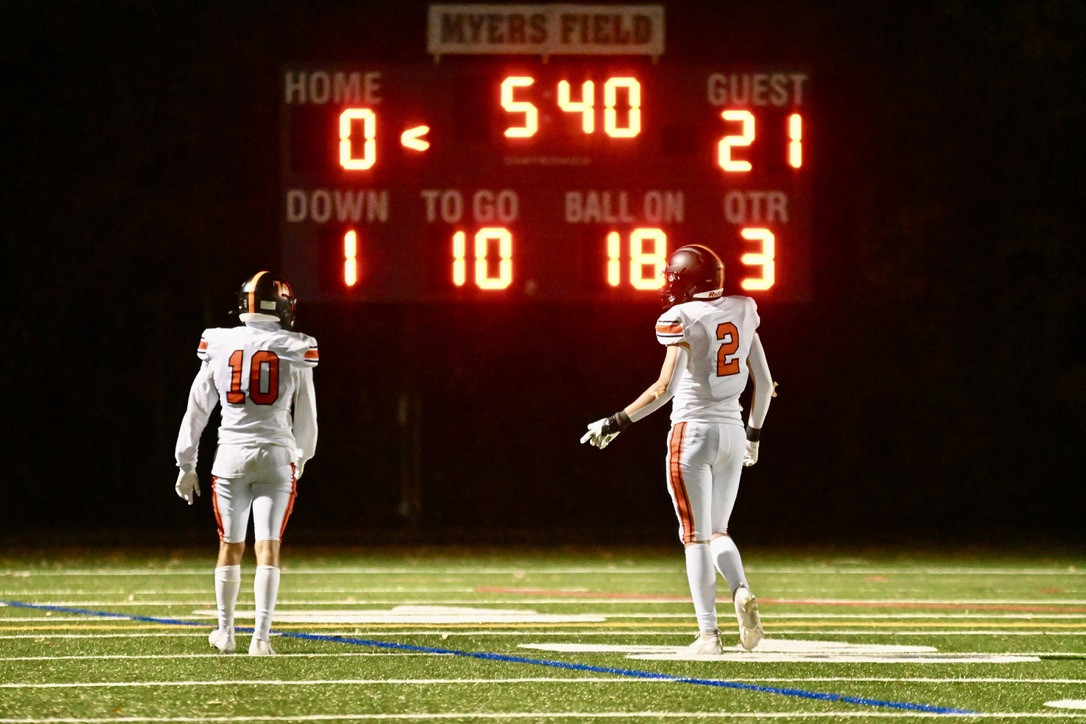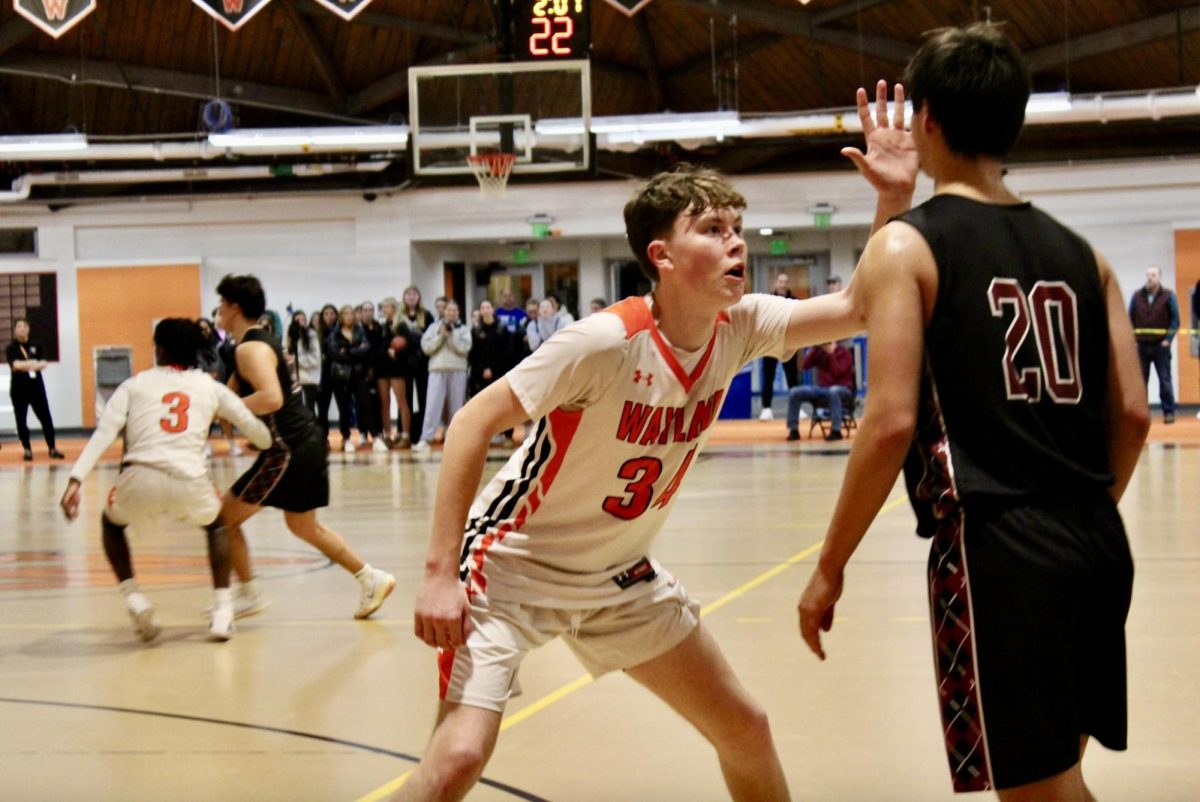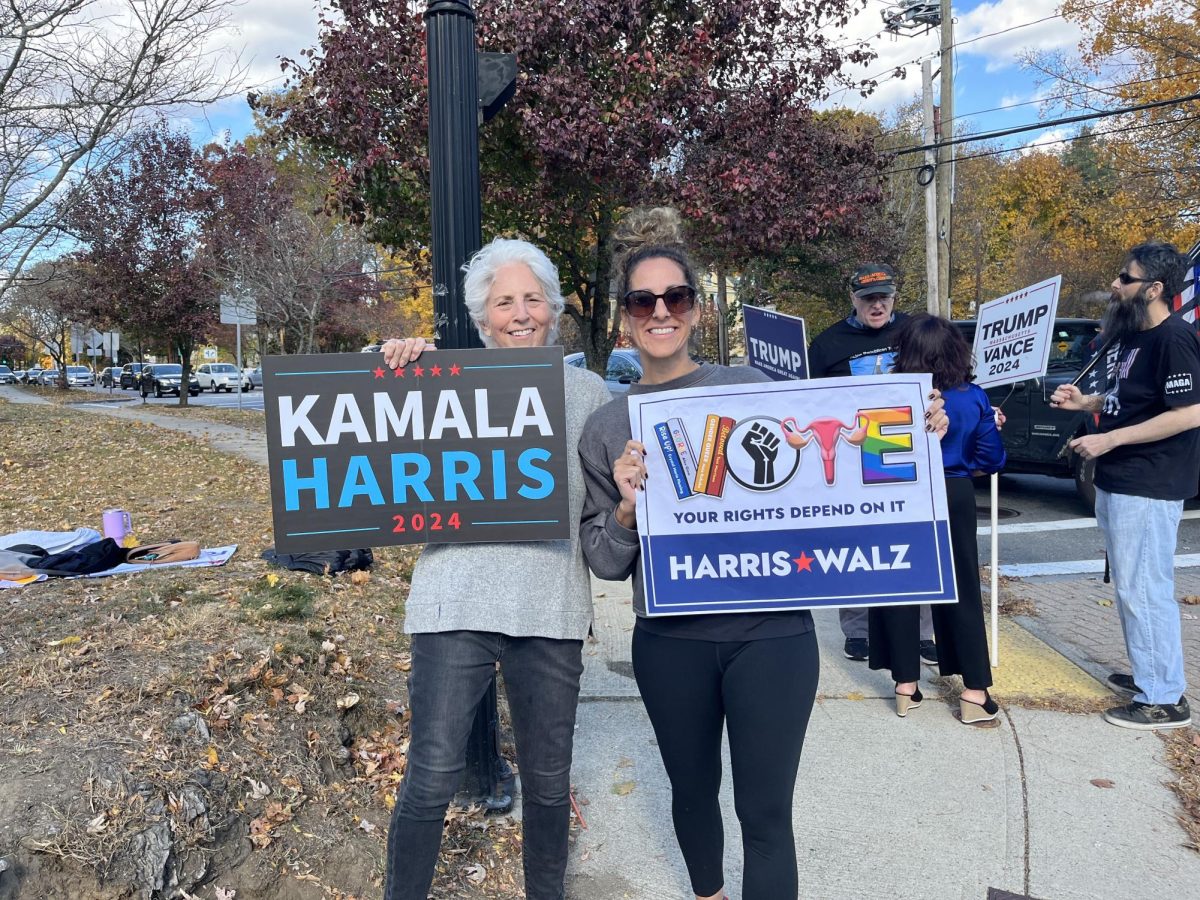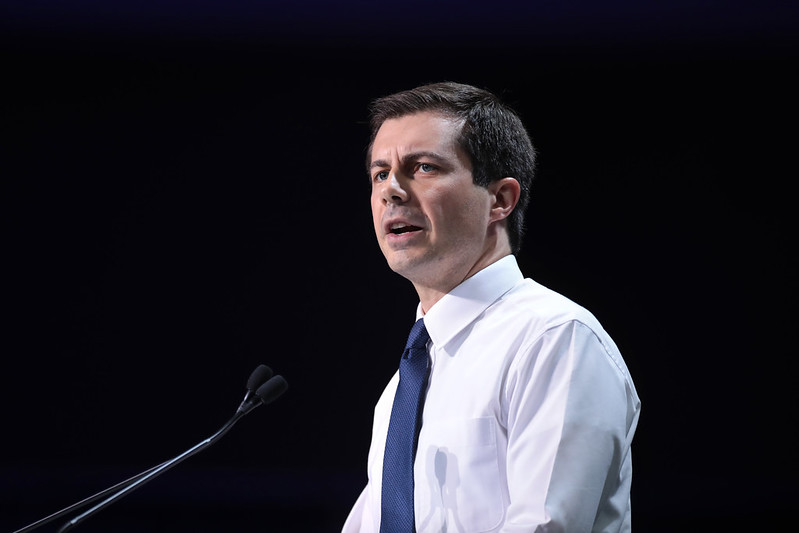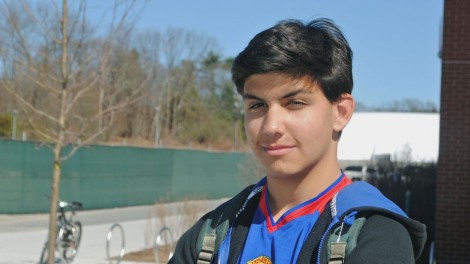
Palestine and Israel’s feud is perhaps the most divisive conflict in the Middle East since Israel’s creation. Despite several brief intervals of peace, the two sides have been unable to find a permanent solution to the border dispute.
Senior Guy Efrat is growing up a part of the conflict on another continent. Efrat, born in Israel, moved to Wayland in 2000. His view on the conflict has been influenced not only by his relatives in Israel, but also by the American culture he has become a part of over the past 12 years.
At least once each year, Efrat travels to Israel to stay with relatives. Like many Americans, he says his family and Israeli friends are divided on the conflict.
“My relatives have mixed opinions on the conflict. Some believe that the land belongs to Israel as it did 2,000 years ago. Others believe that it’s important that we just share the land with the Palestinians,” Efrat said.
Efrat agrees sharing the land is the best solution. However, in order to do this, he believes Israelis and Palestinians need to forget about their religious differences.
“I realize [Israel is] the only place in the world that is dominated by Jewish culture, but in this case I think religion should be set aside,” said Efrat. “It’s more important to protect the lives of not only Israelis, but also Palestinians who may be harmed.”
From living in the U.S, Efrat has learned to approach the Israeli-Palestinian conflict differently from Israelis.
“I’ve learned from living in America that you always have to look at the other side,” Efrat said. “[I have to] look at the conflict not just from an Israeli perspective, but also from a Palestinian perspective.”
Although he plans to attend college in the United States, Efrat is still strongly considering joining the Israeli army afterwards. Israeli citizens are required to serve in the army after high school and both Efrat’s mother and father served in the army. However, since Efrat does not live in Israel and is an American citizen, he has the option to skip army duty.
“My parents have talked to me a lot, and they tell me it’s my choice, but I feel like it’s very important for me as an Israeli citizen to follow the steps of the many before me,” said Efrat. “Israel is always at war; it’s something that I want to try to stop.”
Efrat has maintained a strong connection to Israeli culture through his family and friends as well as the Israel Scouts organization. He has been a member of the organization for five years. As a counselor, he leads group activities aimed to promote Israeli culture and strengthen the Israeli youth community. Efrat says they discuss the Israeli-Palestinian conflict occasionally.
“We discuss the conflict usually on holidays like Yom Ha’atzmaut, which is Israeli Independence Day. We ask questions like, ‘Who do you think is right?’ or ‘What kind of solution could work?’” Efrat said.
Despite Israel’s ongoing tension with Palestine, Efrat says he’s not concerned about Israel’s future. He simply hopes that the two sides can find an agreement.
“Some people think peace is impossible,” said Efrat. “That’s the bigger question we [have to] ask: is it possible?”

